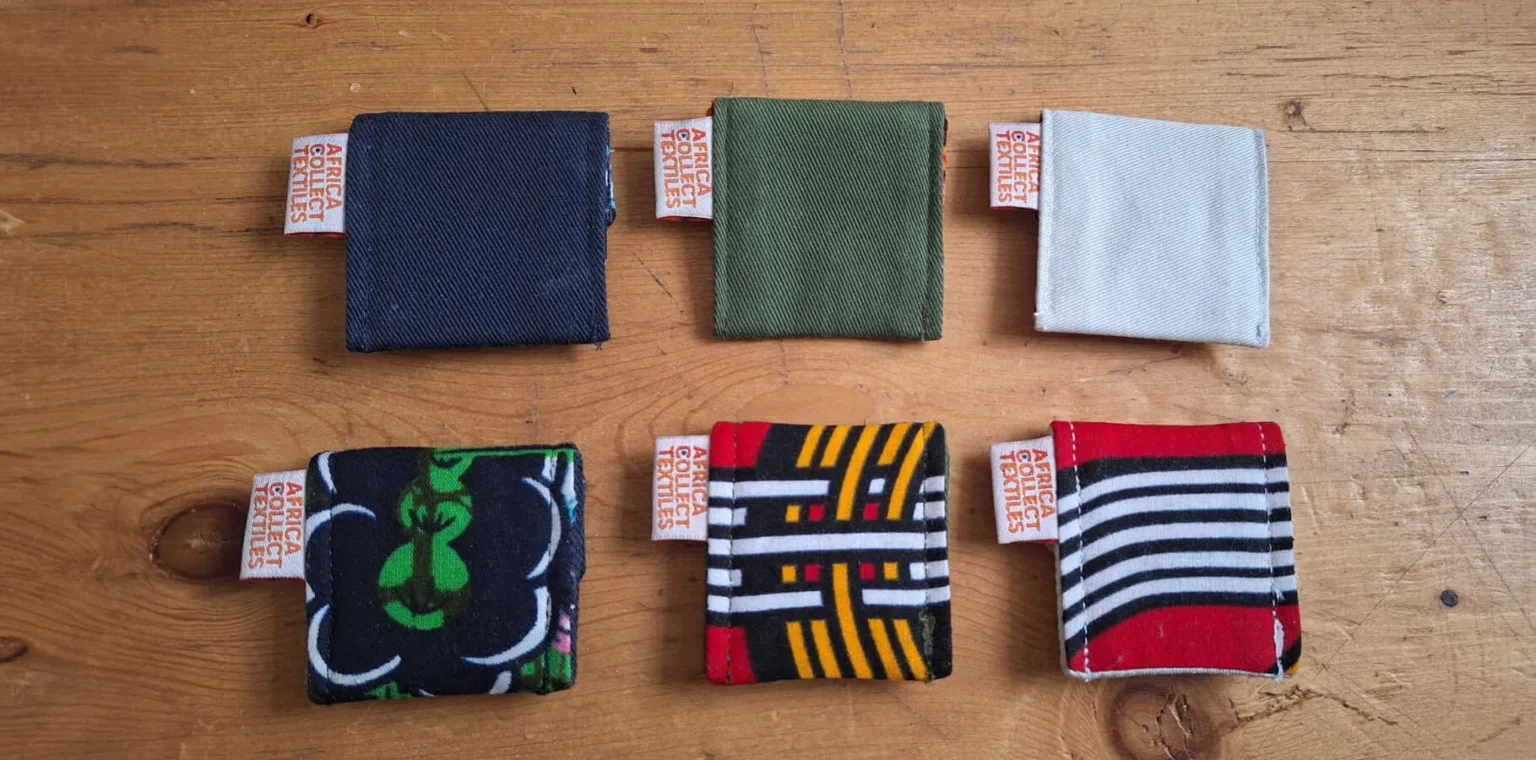Kenya, like many developing nations, faces the environmental consequences of the global fast fashion industry. Mountains of discarded clothing flood the country, overwhelming landfills and polluting the environment. However, a growing number of social enterprises are emerging, transforming this waste into valuable resources and creating sustainable livelihoods.
Turning Trash into Treasure
Africa Collect Textiles (ACT), a pioneering social enterprise, is leading the charge. In Nairobi, a dedicated team of skilled women meticulously upcycle discarded clothing into unique and desirable products. This innovative approach not only reduces environmental impact but also empowers women and strengthens the local economy.
Combating the Textile Waste Inundation
Kenya imports a staggering amount of used textiles annually, much of which ends up in landfills. This discarded clothing takes years to decompose, releasing harmful chemicals and greenhouse gases into the environment. ACT recognizes the urgency of this issue and has implemented a robust collection system.
Building a Circular Economy
ACT has strategically placed collection bins in high-traffic areas like malls and universities, making it easy for individuals to dispose of unwanted clothes responsibly. The garments are then meticulously sort and categorized based on their quality and potential for reuse.
A Zero-Waste Vision
“When these clothes reach the landfills, they are often burned or left to decay,” explains Nathalie Naina, ACT’s communication manager. “Some textiles take centuries to decompose. ACT aims to create a zero-waste solution, minimizing carbon emissions and establishing a circular economy for textiles.”
From Landfill to Luxury
The products crafted by ACT artisans are a testament to their creativity and ingenuity. These unique creations, ranging from vibrant bags to stylish accessories, are showcased at The Artisanal Gallery in Nairobi, a high-end store that champions sustainable and ethically produced goods. This seems to be a growing trend in Africa as we can see countries like Ghana, upcycling second hand clothes and material into high couture fashion.
Redefining Consumerism
Crista Victoria Mehta, co-founder of The Artisanal Gallery, emphasizes the growing consumer awareness. “People are becoming more discerning,” she explains. “They seek products that not only add value to their lives but also contribute positively to the environment and the local economy.”
Empowering Communities and Protecting the Planet
“With organizations like ACT, we are building a recycling infrastructure within Kenya,” says Betterman Simidi, founder of Clean Up Kenya. “Every step towards a cleaner environment is crucial.” By extending the life of discarded clothing and promoting sustainable consumption, these initiatives contribute to a healthier planet and empower local communities.
A Global Challenge Requires Global Solutions
The Ellen MacArthur Foundation highlights the urgency of the global textile waste crisis, with only a small fraction of discarded clothing being recycled effectively. Moreover ventures like ACT offer valuable local solutions, addressing this global challenge requires collaborative efforts and systemic change across the entire fashion industry.
A Sustainable Future for Kenya
Kenya, despite facing the challenges of textile waste, is emerging as a leader in sustainable fashion. While embracing upcycling and promoting circular economy principles, the country is not only mitigating environmental damage but also creating a more sustainable and equitable future for its people.
